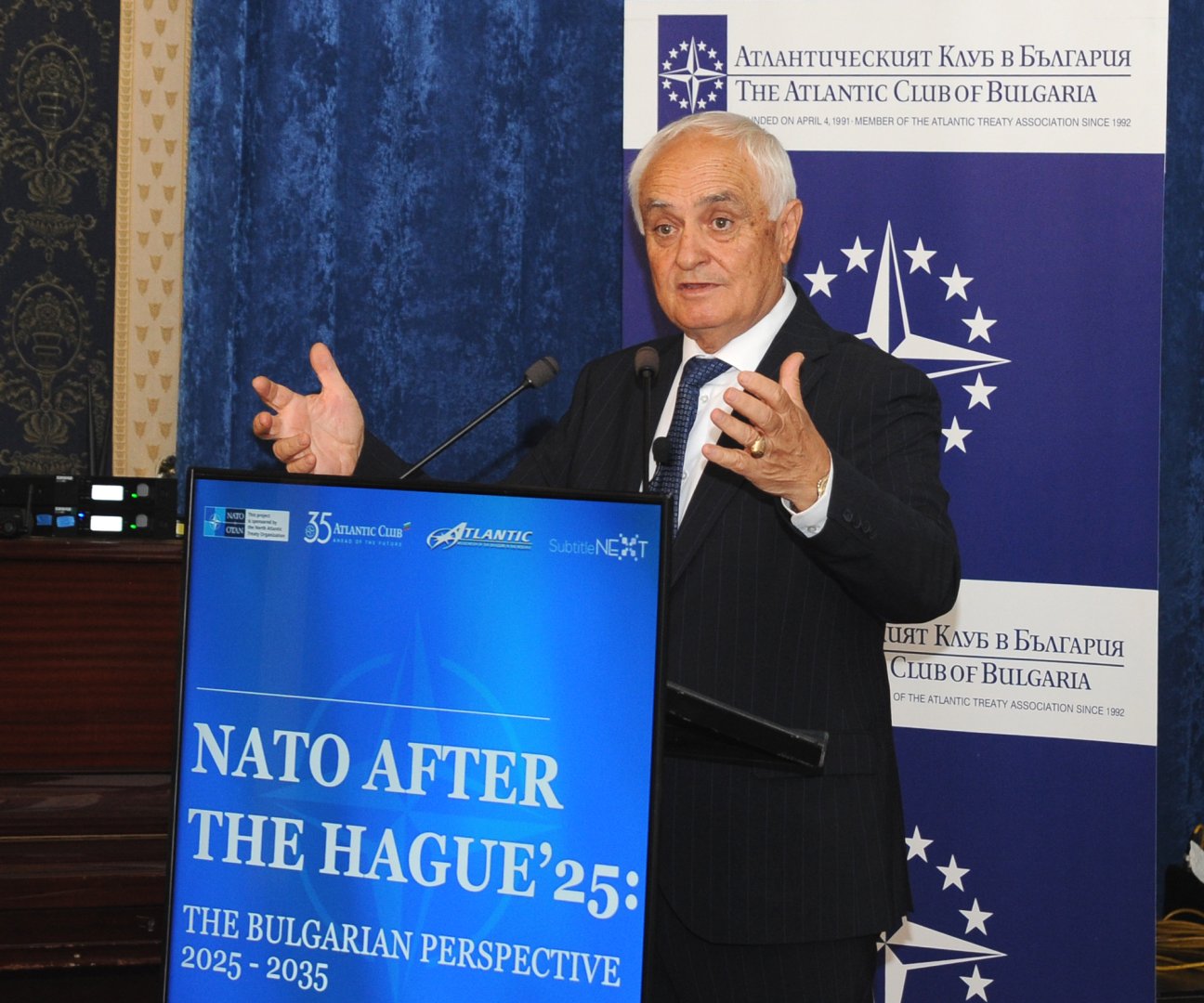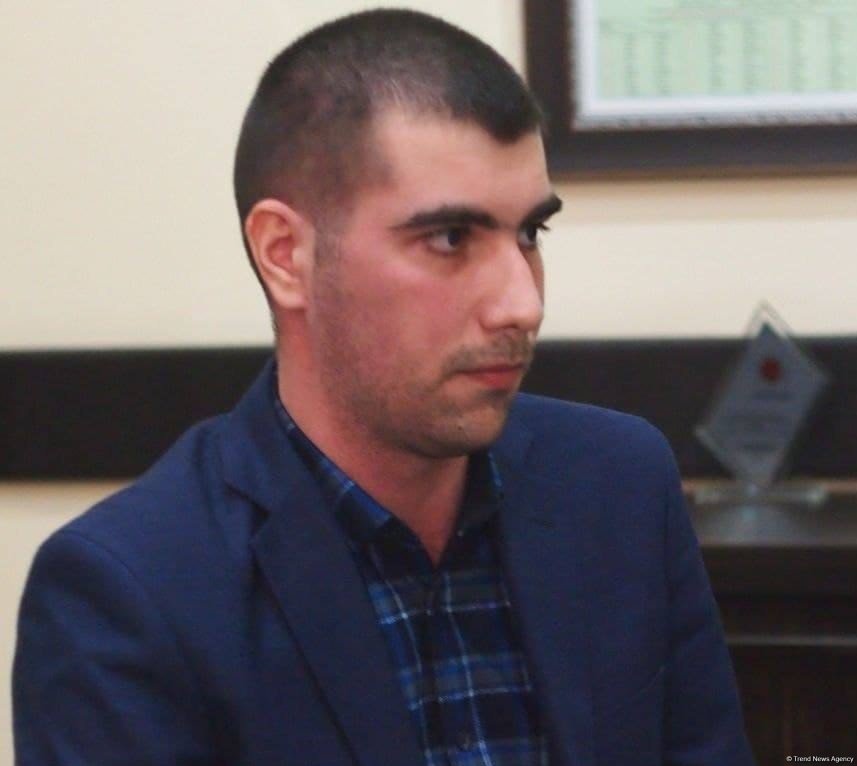BAKU, Azerbaijan, August 1. Defense Minister of Bulgaria Atanas Zapryanov said NATO is a unique organization that, even in the face of the most complex problems and diverging national interests, can find workable compromises, reach decisions, and implement them in practice, Trend reports.
The minister made the remarks at the conference “NATO After The Hague ’25: The Bulgarian Dimension,” organized by the Atlantic Club in Bulgaria and the Union of Reserve Officers “Atlantic” (SORA), held on July 31, 2025, at the Central Military Club.
“To address a threat, we must possess the necessary tools and present a clear plan for how we will implement our defense strategy. If we lack established capabilities and have not invested sufficiently to make them operational, then everything will remain only on paper,” Minister Zapryanov said during his speech.
“That is why we now need the Euro-Atlantic community to firmly support the decisions made in The Hague, especially regarding increased investments, modernization of the defense industry, and of the Armed Forces. It is essential that Bulgarian society understands that investments in defense are not financial losses but a guarantee of security — and security means prosperity,” he emphasized.
Minister Zapryanov also addressed security threats and underlined that NATO is a structured military-political organization. Based on the current geopolitical situation, its two strategic commands have developed corresponding defense plans.
“Given the growing threats, the new allied defense plans impose significantly higher quantitative and qualitative requirements on defense capabilities,” he noted.
Raising military budgets is not the only crucial outcome. The NATO Summit in The Hague reaffirmed the unity of the Alliance, the commitment of all member states to Article 5 of the Washington Treaty, the strength of the transatlantic bond, and the United States' commitment to European security.
“In this complex situation, Bulgaria was highly active in preparing for the summit, and I categorically reject statements suggesting that smaller countries had no influence on the decisions taken. Our national position was jointly developed by the Ministry of Defense and the Ministry of Foreign Affairs and supported by the Cabinet. We actively participated in the budget increase debate to 3.5%, and we were one of the countries advocating — as was ultimately accepted — that there should be no abrupt increase. Instead, each country should decide on the stages of this adjustment independently, based on their own economic situation. The deadline was also extended by three years, until 2035,” the minister said regarding Bulgaria’s role at the summit.
“If we, as allies, lose the battle against disinformation, and if the public is convinced through hybrid methods that NATO member states’ investments in defense capabilities are meaningless, then the war will have been lost before it even begins,” Zapryanov warned.







